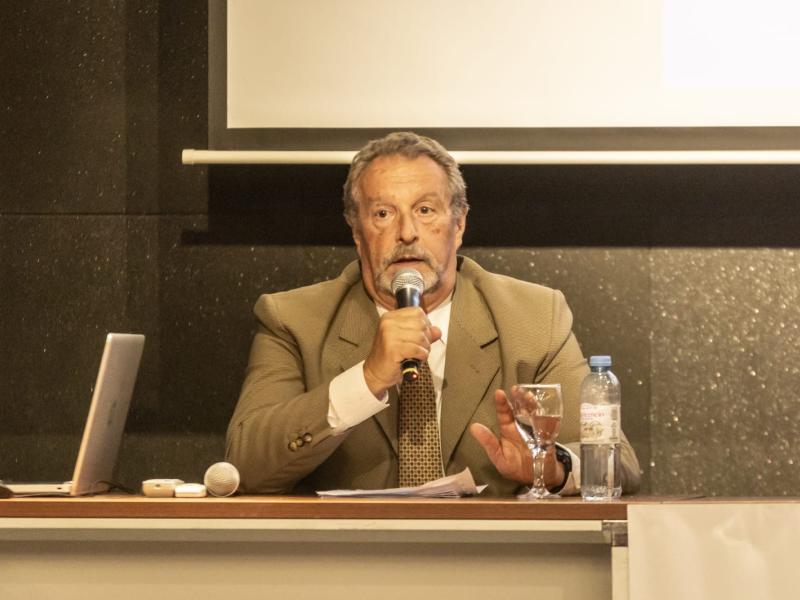The ITF is to deliver a warning about the growth of ‘flags of convenience’ in aviation to the sixth ICAO (International Civil Aviation Organization) Air Transport Conference in Montreal, which begins on 17 March.
ITF civil aviation section secretary Gabriel Mocho commented: “The core purpose of this event is to develop the regulation necessary for a sustainable aviation industry – a matter of burning importance to us all. Flags of convenience in aviation have become increasingly visible and potentially risk undermining transparency, accountability and even safety. The ITF will bring to this debate its 65 years of experience in fighting the worst excesses of flags of convenience in shipping.”
Mocho will present an ITF submission on the need for a strategy to address the negative consequences of continued liberalisation, which asks whether maritime-style flags of convenience would contribute to sustainable aviation.
It cites growing evidence that airlines are increasingly restructuring their operations to reflect classic maritime flags of convenience scenarios, in which ships and fleets can be ‘flagged out’ to countries that offer tax avoidance, lower-cost safety and labour standards and conditions, and inadequate safety supervisory and inspection structures. It claims that this is “the ultimate privatisation of regulation”, allowing a ship-owner who does not like what the regulator is doing to quit the flag of that country and find a more convenient or compliant one.
The submission concludes that air transport workers have been used increasingly since 2000 as the primary shock absorbers for managing the effects of deregulation and liberalisation in the industry, often with devastating social consequences.
It calls on the ICAO to maintain previously agreed safeguarding principles in its conclusions; adopt a more balanced view of the social, safety and security aspects of aviation deregulation and liberalisation; explicitly recognise airline workers as one of the stakeholders whose interests must be considered in evaluating any proposed recommendations or guidelines; and co-operate with other UN agencies, particularly the ILO, in order to give a proper follow up to the conclusions of the recent ILO Global Dialogue Forum on the Effects of the Global Economic Crisis on the Civil Aviation Industry.
The ITF submission can be seen in full here.
For more about the ICAO conference, which runs from 18 to 22 March, preceded by a symposium on the 17th, visit the website.



